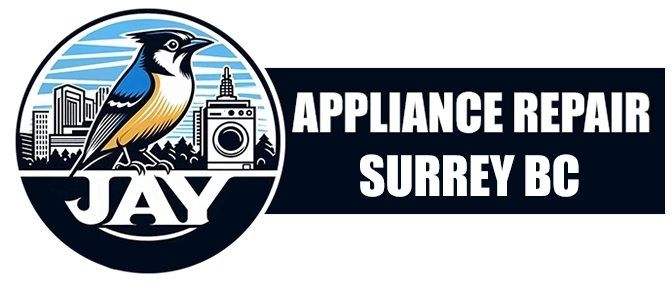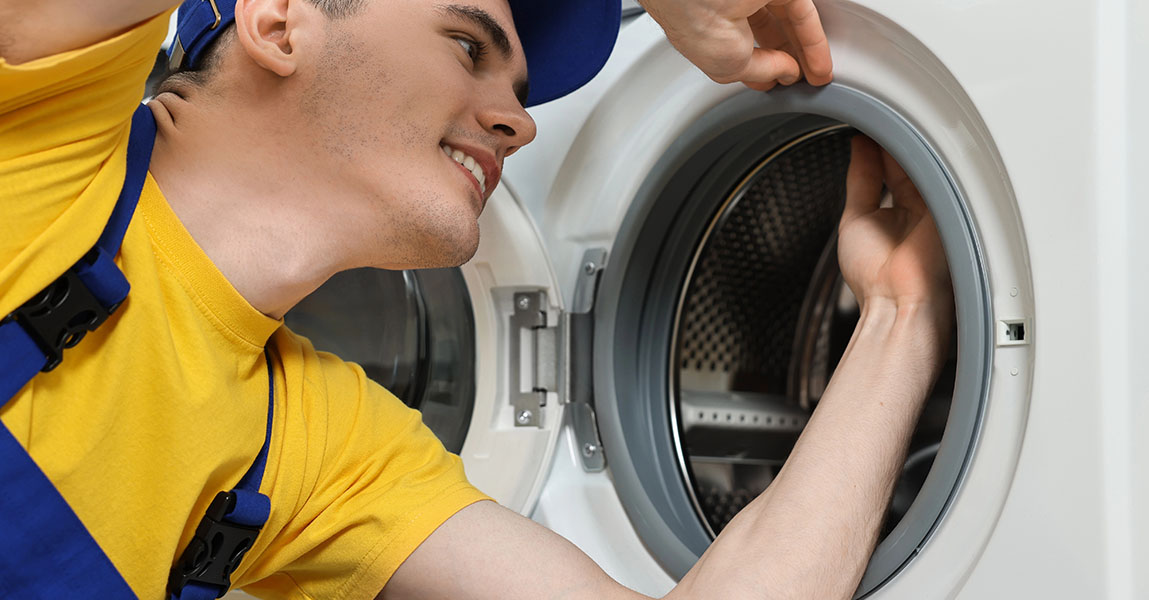Dryers take on a lot of work in homes where laundry runs daily. We depend on them to keep things moving, so when the motor starts showing problems, it can be stressful. Knowing the warning signs early helps us deal with issues before the dryer fully stops. Here we share what to look for and what steps make sense when our dryer’s motor is wearing down.
Strange Noises During Cycles
One of the first signs of a weak dryer motor is noise. A humming sound can mean the motor is trying to start but lacks the strength. Sometimes it clicks or buzzes when power reaches it but the drum does not move. This usually means internal parts inside the motor are wearing out.
We may also hear grinding or rattling. That is often a sign of motor bearings wearing down. Bearings let the motor spin smoothly, so when they break down, the sound changes. If left alone, these noises only grow worse and may cause more parts to fail. It is best to treat unusual sounds as a clear warning. Homes that run heavy loads daily will often hear these signs earlier.
Slow Drum Movement
Another common sign is when the drum rotates slower than normal. A healthy motor turns the drum firmly, but a weak one struggles under the same load. We may notice clothes staying damp longer because the slow speed affects drying efficiency.
Sometimes the drum starts moving but stalls mid-cycle. This happens when the motor overheats or does not deliver steady power. In high-use homes, this issue shows up faster due to strain. When this happens, it is usually not the belt alone. The motor is the part losing strength and should be checked before the dryer becomes completely unusable.
For persistent slowing or stopping issues, we can look into dryer repair in Surrey to restore reliable operation.
Burning Smell or Heat
Motors that struggle often produce extra heat. If we notice a burning smell during cycles, it can be a clear signal of motor failure. Overheating happens when windings inside the motor wear down, creating resistance. That extra resistance produces heat, which may give off a strong smell.
We should never ignore a burning odor from a dryer. Continuing to run it can damage wires or nearby parts. In high-use homes, repeated long cycles push the motor hard and make this more likely. Turning off the dryer immediately when we smell burning is the safest step.
Heat build-up also leads to frequent thermal shut-offs. If the dryer stops mid-cycle and restarts only after cooling, the motor could be overheating. This is different from clogged vents because the shutdown is linked to motor strain rather than airflow.
Difficulty Starting the Dryer
When the dryer hesitates to start, it often points to the motor. We may push the button and hear a click, but the drum does not move until after several tries. This hesitation shows the motor lacks the torque needed to begin rotation.
In some cases, the dryer may only start if the drum is turned by hand first. That is a direct sign the motor can no longer start loads on its own. Over time, the problem grows worse until it fails completely. For families doing daily loads, this can happen quickly since the motor wears down faster.
Because this is such a strong sign, we should take it seriously. Acting early helps prevent bigger breakdowns. If a dryer shows start-up hesitation, it is usually close to needing professional repair or replacement.
Frequent Stops Mid-Cycle
When a dryer runs for a short time and then shuts off, the motor may be overheating. Motors have built-in protection that cuts power when they get too hot. While this keeps them from burning out, it leaves us with half-dried laundry.
We might find the dryer works again after cooling down, only to repeat the shutdown. That cycle confirms the motor is weak and cannot handle long operation. High-use homes put stress on motors through repeated runs, making this symptom common.
To address this properly, we can explore appliance repair services in Surrey as the right step. Professional service can confirm if the motor itself is the issue or if another part adds to the problem.
Vibrations and Shaking
Motors that are failing sometimes create extra vibrations. We may notice the dryer shaking more than before or even moving slightly on the floor. This happens when the motor loses balance internally or when bearings wear unevenly.
Extra vibration is not only noisy but also puts stress on the frame and other moving parts. Over time, it can loosen connections or damage the drum support system. For homes that use the dryer several times a day, these vibrations grow quickly and make the dryer less stable.
If vibrations start suddenly or worsen, the motor is often the cause. Checking it sooner helps prevent the dryer from needing larger repairs.
When to Act Quickly
The signs listed above often appear one after another. At first it may just be noise, but then slowing, overheating, and failure to start follow. Once the motor begins to fail, it rarely recovers. Waiting usually means the dryer will stop altogether at an inconvenient time.
For families that rely on daily drying, quick response matters. Getting service early can save us from longer laundry delays. It can also protect other dryer parts from damage since a weak motor often stresses belts, pulleys, and electrical systems.
When we see several signs at once, it is a clear signal not to wait any longer. That is the moment to reach out for professional help. For scheduling or advice, the easiest step is to contact us and get the dryer checked before the problem grows.
FAQ
What causes dryer motors to fail most often?
Frequent use, lint build-up, and overheating are common causes. Heavy loads add extra stress, especially in high-use homes.
Can I replace a dryer motor myself?
It is possible but not simple. Motors are heavy and tied into wiring. For safety and reliable results, professional service is the better choice.
Does a burning smell always mean the motor is bad?
Not always. Sometimes lint near the heater causes it. However, if the smell comes with slow or failed starts, the motor is likely the issue.
Why does my dryer start only after cooling down?
That usually means the motor overheated and shut off. This is a sign of wear and should be addressed before the motor fails completely.
How long should a dryer motor last?
Most last around ten years, but in homes with daily use, they may wear out sooner. Maintenance and clean vents can help extend their life.

